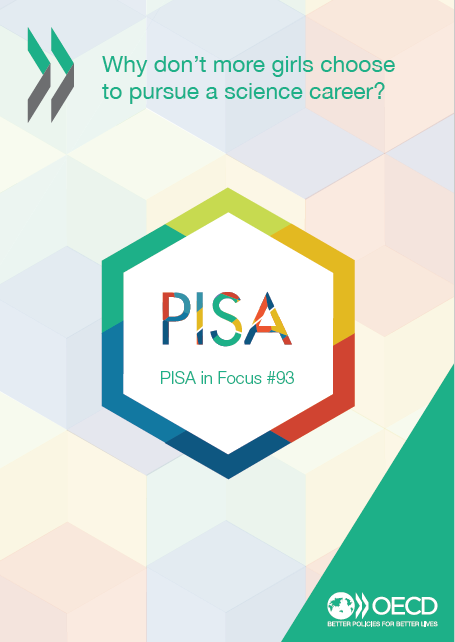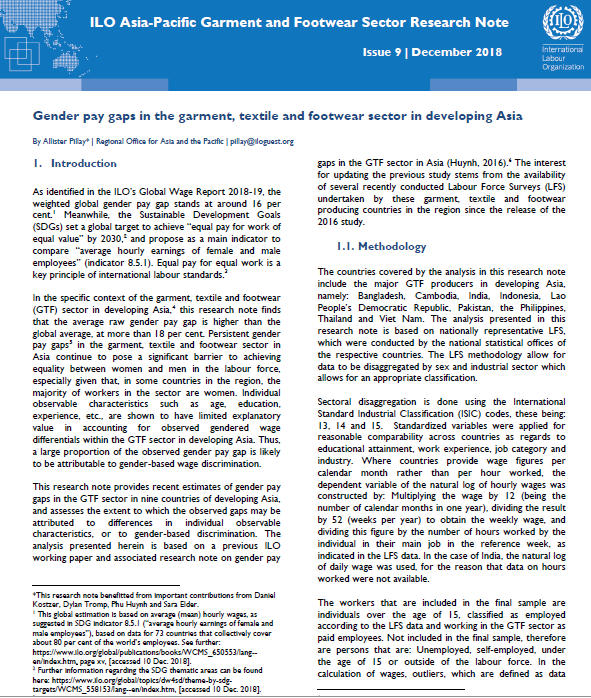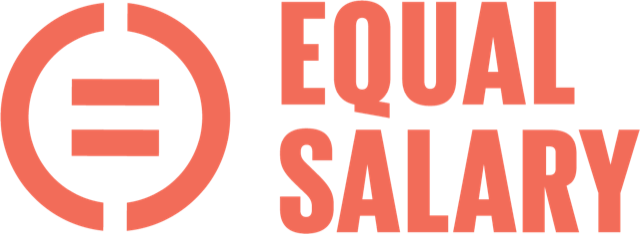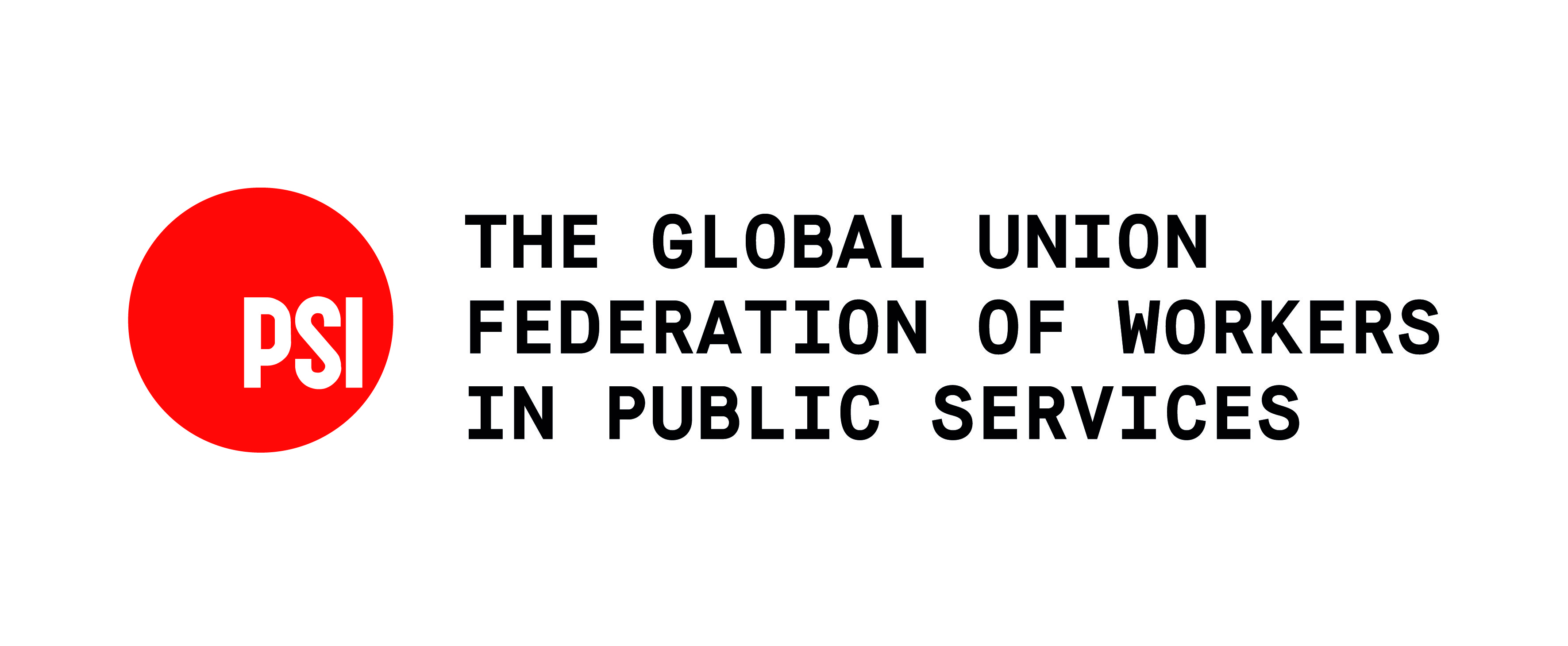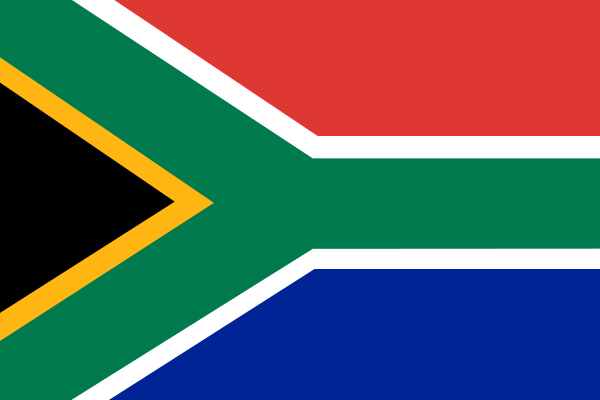Promoting Better Indicators, Statistics, Data and Policies to Reduce the Gender Pay Gap
Promoting Better Indicators, Statistics, Data and Policies to Reduce the Gender Pay Gap
An EPIC Technical Meeting
When: 2–3 April 2019
Where: Harpa concert hall and conference centre, Reykjavik, Iceland
The Equal Pay International Coalition (EPIC) invites to a technical meeting on promoting better indicators, statistics, data and policies to reduce the gender pay gap.
The objectives of the meeting are threefold:
- To review different methodologies and tools used to measure the gender pay gap, and its implications;
- To deconstruct the gender pay gap, with a view to unveiling the unexplained portion; and
- To consider appropriate policy measures to eliminate the unexplained portion of the gender pay gap.
The meeting is open to all members and friends of EPIC with recommended participation of equal pay/wage experts, statisticians and policy makers.
The meeting will include a mix of presentations and panel discussions and conducted in English only.
Kindly contact [email protected] in case of interest.
Background
The gender pay gap is a widely used indicator of gender inequality in the world of work, and a frequent measure of progress towards gender equality at the national or the international level. In a simple definition, the gender pay gap refers to the difference in wages between all men and women who are engaged in paid employment. The method of measure often relies on either the average wage among all wage employees (the mean) or the wage that represents the middle wage earner in the population (the median). Both measures provide a simple summary of the wage dispersion among all wage employees in a population. However, in a considerable number of countries, these basic summary measures are not very effective at capturing gender pay gaps due to the difference in the participation behaviour of women and men as well as the fact that women’s participation in wage employment is often lower than that of men.
The gender pay gap is symptomatic of the many challenges, including discrimination that women face before entering the labour market and throughout their working lives. There is substantial evidence to suggest that in the vast majority of countries, both participation and the pay gaps between women and men widen at the onset of parenthood. Far from being a short-term effect, evidence shows that the effect of parenthood during the reproductive ages expands over the life-cycle of women, while men do not seem to suffer the same consequences. Inevitably, such differences in labour market outcomes for women vis-à-vis men can often explain why women are more vulnerable to poverty and worsening working conditions than men. This is particularly the case in emerging and low income countries where women are less likely to find wage employment, and more likely to find employment as own account workers in the informal economy.
Therefore, the analysis of pay gaps must be seen in the broader context of other dimensions of inequality between women and men, including women’s more limited access to paid employment (in emerging and low income countries) and the unequal division of unpaid work within the household (in all economic contexts).
Measuring and decomposing gender pay gaps can help inform policy makers of the appropriate mix of polices depending on country specific circumstances. In most cases, the policy mix will involve action, including in some of the following areas:
- Bridging the educational gap through STEM studies and vocational training;
- Reducing occupational segregation;
- Ending discrimination in pay and ensuring equal pay for work of equal value;
- Facilitating work-family balance;
- Setting minimum wages
- Supporting collective bargaining and formalization;
- Enhancing pay transparency within companies;
- Improving data, indicators and statistics.
The Equal Pay International Coalition (EPIC), is an initiative driven by stakeholders committed to reducing the gender pay gap and making equal pay for work of equal value a reality across all countries and sectors, while contributing to the achievement of target 8.5 – By 2030 achieve full and productive employment and decent work for all women and men, including for young people and persons with disabilities, and equal pay for work of equal value – of the Sustainable Development Goals (SDG). In achieving this goal, EPIC realises that different countries will be starting from a different base and that advances in reducing the gender wage gap requires the concerted effort of many actors.
